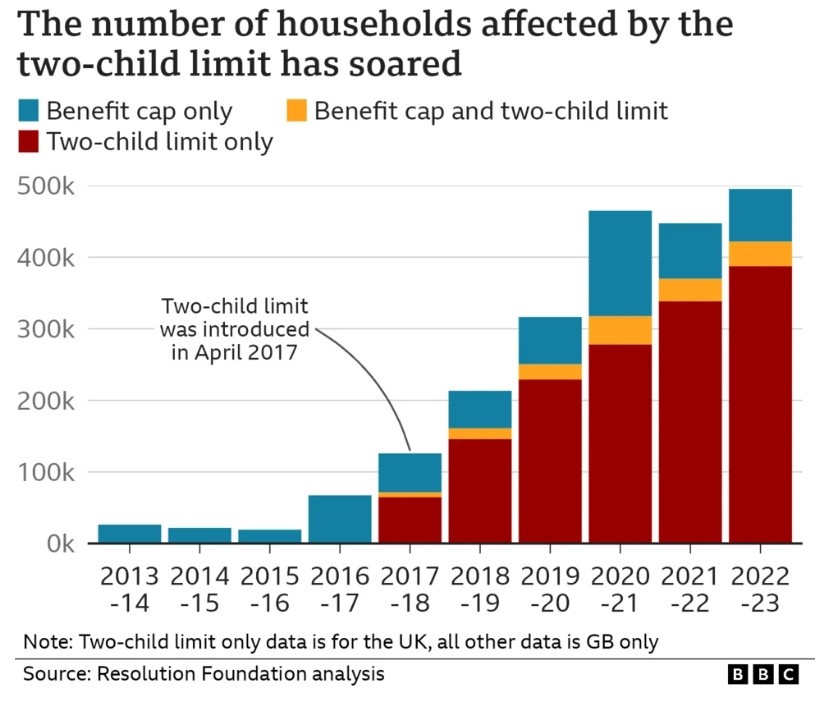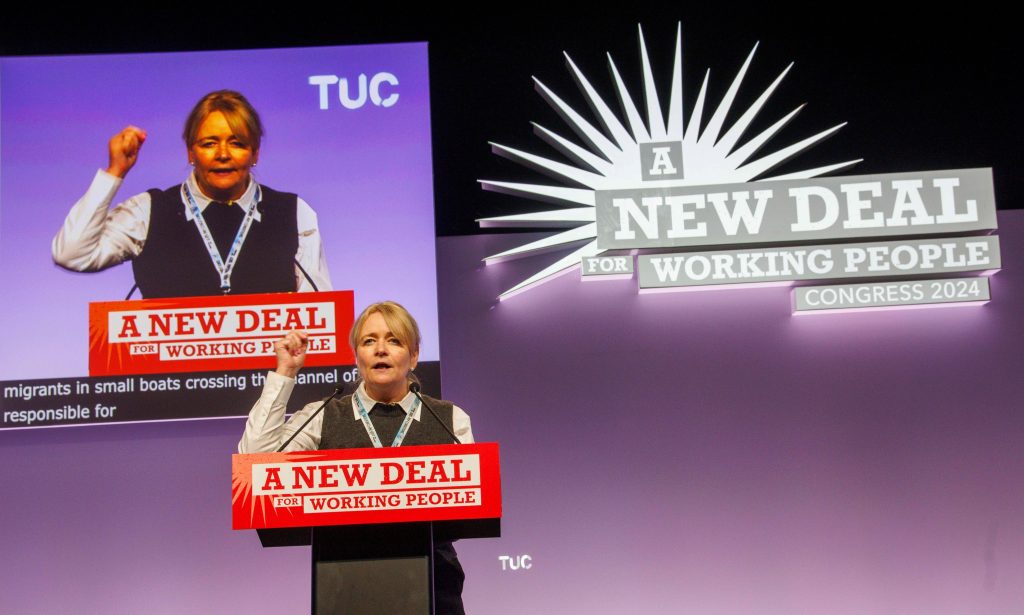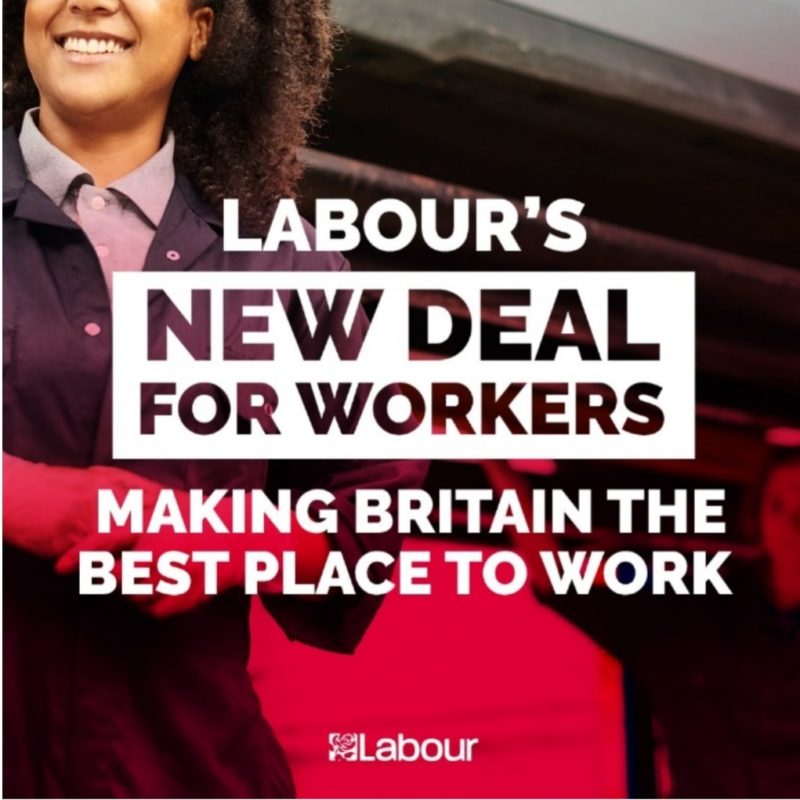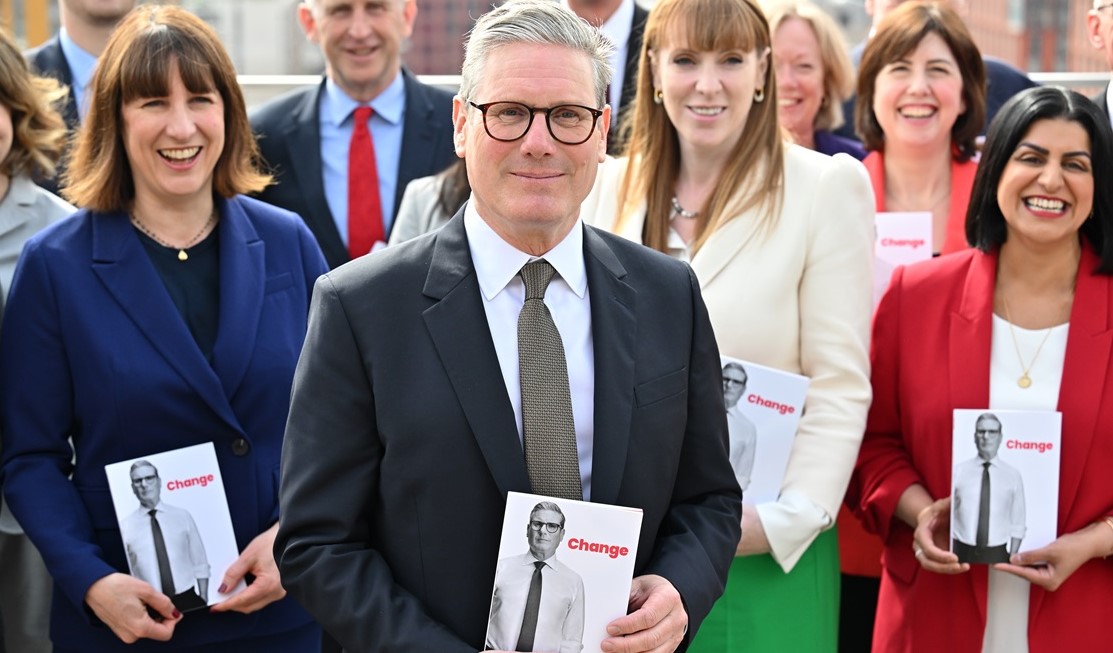Thousands of Labour Party members will be in Liverpool over the next week, but what takes place will be less of a conference and more of a stage-managed rally, dominated by set speeches by ministers. There will inevitably be some dissent, but organisers will make every effort to keep it to a minimum.
What is important for us, is how the conference is perceived by workers. Those millions who voted Labour on July 4 did so in the hope that the hardships of the last fourteen years will at last be over. Keir Starmer and Labour candidates emphasised “change” in all of their election campaigning and change is what workers will expect.
Workers in the public sector – local authorities, education, colleges and universities, the NHS – want better investment in the services they provide, and expect to be decently paid for their work, after years of poor wage rises below the rate of inflation.
The National Health Service has been bled dry by the Tories, plundered by private profiteers, with the result that seven million are waiting for an operation of one kind or another. Even patients with cancer diagnoses are having to wait for treatment.
State of collapse
The decline of GP and dentistry services has led to unprecedented increases in patients being forced to go to A&E departments, with the result that many are in a state of collapse. Shortages of beds mean patients are held for hours in corridors, waiting to go on a ward. Sometimes patients are stuck in ambulances, waiting even to be admitted. This is the reality of what was once the best health system in the world.

Over the fourteen years of Tory government, the use of foodbanks rose to unprecedented levels. Millions of working-class households are in real poverty. Too many workers are simply not paid enough to get by.
Rents have increased at a rate far higher than inflation and as a result homelessness has soared. Young people simply cannot afford to buy a new home and many can barely afford to pay the rents expected of them.
The net effect of those Tory years can be summed up as a huge shift in wealth and income from the working population, and the least well off in general, to the millionaires and billionaires who have MPs, ministers and the media in their pockets. Working class people want and need real change, not in words but in facts on the ground.
Unfortunately, the first three months of the Labour government do not augur well for the future. Rachel Reeves and the Labour cabinet are basing their entire economic strategy on the market system. The mantra of the Labour leadership is ‘balancing the books’ and already they have refused to abolish the two-child limit on child benefit – the single most important reason for the rise of the number of children living in poverty. They have cut pensioners’ entitlement to winter fuel allowance and millions of old people will go cold next winter.
Crisis of capitalism
The reason why workers have suffered the biggest cuts in living standards since the Napoleonic era, is that the system, capitalism and especially British capitalism, is in a profound crisis. Unfortunately, the Labour government is preparing to put it on a life-support machine.
Rachel Reeves’s economy policy is based on the mirage of increased ‘growth’ – something that is not going to happen. Her strategy can only mean more cuts, further hardships for workers, and a continued decline in services, including the NHS.
Even in a few short weeks, it is clear that the strategy of the government is unpopular as both the Party and Starmer’s ratings slide. A slew of local government by-elections have already taken place in different parts of the country and the story is the same in every case – either Labour council candidates losing by a landslide, mainly younger voters switching to the Green Party, or if Labour wins, it is barely hanging on.
In the general election, Reform UK took four million votes. Its candidates came second to Labour in 89 seats. Reform appeals to voters by highlighting what are genuine problems, like housing, the NHS and low incomes, but it wraps the issues up a racist and xenophobic agenda which is ultimately aimed at dividing the working class. This dangerous party is waiting in the wings, and it stands to make serious gains if the Labour government progresses further along the road of cuts and austerity.
It would hardly be surprising if many workers listened to the siren voices from the far right. We can be sure that Reform leader Nigel Farage – no stranger himself to expense scandals – will draw attention to the tens of thousands of pounds-worth of private gifts that have been showered on Keir Starmer and his wife. More has been lavished on this couple by rich benefactors than most workers would earn in a year.
Tax-dodging by the super-rich takes place on an industrial scale in this country – and even some Labour right-wingers have noted it. Writing in the Guardian in April, Margaret Hodge wrote “We also know that £36bn is a very conservative estimate of the gap between what the exchequer does collect and what is due. “Economic crime”, she has written, elsewhere “costs our economy around £350 billion a year”.
Hedge-fund donors
Yet here we are, with Starmer’s Labour Party receiving £4 million from a wealthy hedge-fund based in the Cayman Islands, a company with interests in fossil fuels, private health firms and arms manufacturers. Far from taking steps to eliminate tax-dodging, Starmer is embracing it. Little wonder that the man and woman in the street will throw up their hands in despair and conclude that “all politicians are the same.”
Labour’s right wing have the conference sewn up. It will be opened and chaired by Ellie Reeves, sister to the Chancellor. Conference officials will make every effort to keep dissent to a minimum. The Labour Party apparatus nowadays operates on a purely factional basis and they do their best to keep out any left voices. It has not been unknown for delegates to arrive at conference in the last couple of years only to find that their membership has been suspended.

[photo from Sharon Graham “X” account]
Conference organisers may not get everything their own way, however. It has already been suggested that Unite will move a motion critical of the cut in winter fuel allowance. That will entail a possible challenge – a ‘reference back’ – of the report of the NEC. It may even lead to a card vote.
But whatever the outcome of that particular dissent from Unite, it is likely that conference as a whole will be dominated by the right, with this difference – that the “hard choices” are likely to be played down by ministers, including Reeves and Starmer, and more emphasis will be put on the “jam” rather than the “tomorrow.”
We can expect high-sounding promises of better things – in terms of more social housing, a better NHS, more rights for workers and so on – but to a man and a woman, the ministers making these promises will be as vague as they possibly can.
The general secretaries of the big right-wing delegations will avoid looking at the small print and they will try to whip their delegations into line. They want to help turn the conference into a ‘celebratory’ rally. How well it goes down with their delegates remains to be seen.
Coming tides of dissent
It is one thing to manage conference, however, and another thing altogether to hold back the tides of dissent that will develops afterwards, in the coming months. The opposition of Unite to cuts in the winter fuel payments is a small straw in the wind, and an indication of what is to come down the road.
At present, the leaders of most of the affiliated unions, with a few exceptions, are toeing the Starmer line. These union leaders have either forgotten – or choose to ignore – that the policies the Labour Cabinet are putting forward run directly against the interests of their own members, and in many cases against their union’s ‘official’ policies.

These union leaders, however, will feel the wrath of their members in the coming months, when the recent pay awards are whittled away, along with their members’ jobs. Union members will complain as long as their leaders continue to make excuses for and support the Labour leaders. Members will be angry when it transpires that the ‘New Deal for Workers’ has more holes than a fishing net. Their members’ anger and disappointment, will be translated, despite the wishes of the union leaders, into opposition to the Labour leadership.
The Labour leadership will also begin to feel heat from those councillors who lose their seats. There could be scores of them booted out next May. By spring, in other words, what is likely to be a carefully choreographed conference will be just a fading memory.
There are those outside and to the left of the Labour Party who talk about the establishment of a new left party. Many have sung this tune for decades. Given that we have Labour leadership more removed from socialist ideas than at any time in the Party’s history, we can see why such ideas might be finding an echo amongst a wider layer of angry and frustrated activists. But in the absence of any significant movement in that direction from the eleven currently affiliated trade unions, the idea of a ‘new’ party is an illusion.
Right-wing ruthlessness based on weakness
That is why socialists need to continue to watch and work for left developments in the Labour Party. The right-wing faction are ruthless in their control of the Party, but their rationale is not based on strength. On the contrary, it is a measure of their weakness.
The elections for the National Executive Committee of the Party (NEC) saw the “Corbyn left” candidates of the Centre Left Grassroots Alliance (CLGA) gain three of the nine posts in a proportional electoral system, taking 26% of the first preference votes, but gaining some transferred votes from other left candidates. Overall the elections to the NEC and other posts suggest around 33% for the left.
However, the defining feature of the elections was the shockingly low turnout. Just 44,000 members voted out of a paper membership of 338,000 paid-up members – just 13%, compared to 33% in 2018 and 25% in 2020. Yet the vote for the “hard right” slate of the “Labour to Win” faction fell more sharply than that of the CLGA. There seems little groundswell of enthusiastic support for Starmer in the wider Party, just weeks after his so-called “landslide” general election victory!
Outside and beyond conference, and especially through the millions of trade union members who affiliate, Labour remains rooted in the working class. As we have said in the past, Starmer is not the Labour Party and the Labour Party is more than Starmer.
Starmer and Reeves are basing their whole economic strategy on trying to ‘manage’ capitalism better than the Tories. They will fail, and end up adopting Tory policies with a different livery.
What they will succeed in doing, however, is preparing the ground for the development of a new left; not a new ‘Corbynism’ but a widespread and profound movement of dissent, based around some trade union leaders, metropolitan mayors and left MPs.
It is early days, but we may see the first signs of this in Liverpool this week, sometimes in conference, but definitely in the fringe. It is the music of the future.



